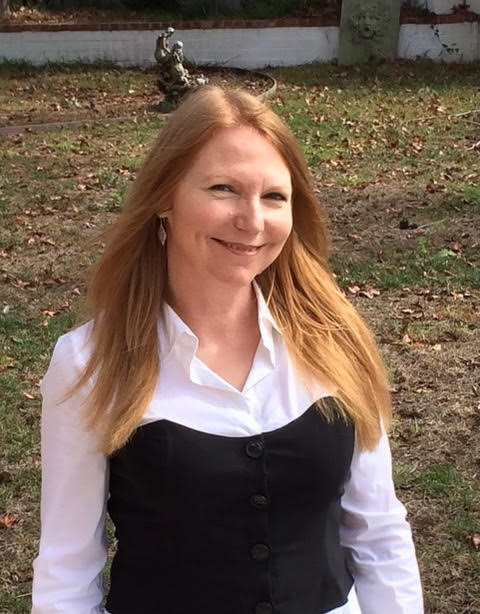
- charris@ucsd.edu
- (858) 822-4507
-
McGill 5129
Professor

Dr. Harris has broad research interests in the area of emotion and affective science. She is particularly interested in the role that emotion plays in real life decisions and interactions and in the strategies that we use to regulate our emotional states as well as those of others. Much of her work has focused on the function of different emotions including how specific emotions such as jealousy, envy, shame, guilt, and embarrassment impact cognition, judgment, motivations, and behaviors. Dr. Harris has examined questions as entertaining as why we laugh when we are tickled and whether dogs show jealousy and as serious as how jealousy motivates men and women to commit homicide and whether envy influences political orientation. She also has studied how emotion influences basic cognitive processes such as memory and attention, and the impact that emotions (and attempts to regulate them) have in a wide-range of interpersonal relationships -- from forgiving strangers for insults to avoiding medical consultations out of shame and embarrassment. Other areas of interest include issues of methodology and replicability, gender and emotion, and the evolutionary origins of emotions. Dr. Harris is past Editor-In-Chief of Emotion Review and Past President of the International Society for Research on Emotion (ISRE).